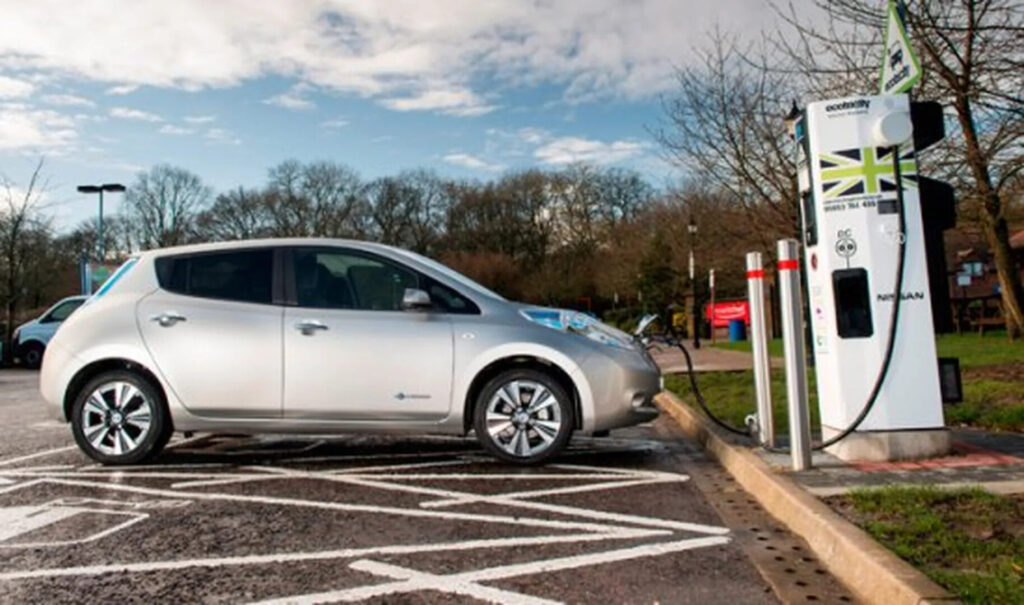Worldwide sales of electric cars not only maintain their momentum, but accelerate it. By 2025, they are expected to exceed 20 million units, accounting for more than a quarter of the global marketaccording to the latest report Global EV Outlook of the International Energy Agency (IEA).
In spite of global economic uncertainty and pressures on the automotive sectorthe electric vehicles (EVs) continue to break records. In 2024, more than 17 million units were sold, raising the global market share above 20% for the first time. In the first quarter of 2025 alone, sales increased by 35% compared to the same period last year.
China leads the electric revolution
China remains the global driver of this transition. In 2024, the country sold more than 11 million electric carswhich accounted for nearly 50% of its total automobile sales. In addition, China exported around 1.25 million EVs, strengthening its role in market expansion, especially in emerging economies in the region. Asia y Latin Americawhere sales grew by more than 60%.
United States also shows a positive trend, with an annual growth of 10% and more than one in ten cars sold being electric. In contrast, Europa experienced a stagnation in sales due to the reduction of government incentives, although it maintained a market share of close to 20 %.
"Our data show that, despite considerable uncertainty, electric cars maintain a solid growth trajectory globally. Sales continue to break records, with important implications for the international automotive industry," said Fatih Birol, executive director of the IEA.
"This year, we forecast that more than one in four cars sold worldwide will be electric, with growth accelerating in many emerging economies. By the end of this decade, it is forecast to be more than two in five cars, as electric vehicles become increasingly affordable."
Falling prices and increased accessibility
The report highlights the increasing affordability of EVs as a key driver of their adoption. Globally, the prices of EVs are electric cars emissions declined in 2024 due to competition and reduced production costs, particularly for batteries.
In China, two-thirds of EVs sold were cheaper than their internal combustion equivalents, even without subsidies. However, in countries such as Germany y USAThe electric models remain between 20% and 30% more expensive, respectively.
Still, operational savings favor electrics. For example, in Europe, charging an electric car at home costs half as much as using gasoline, even if oil drops to $40 per barrel.
Electric trucks on the rise
The segment of electric trucks is also expanding. Sales grew by 80% in 2024, reaching 2% of total trucks sold globally. This progress is mainly due to China, where some electric heavy-duty models are already more profitable than their diesel versions thanks to their lower operating costs.
The AIE has updated its interactive tools for tracking global EV policies and statistics and will launch this summer a special report on the future of EVs. automotive industry. This new study will address how to strengthen supply chains and ensure competitiveness in a transition to a more competitive supply chain. sustainable mobility.
Source: International Energy Agency


